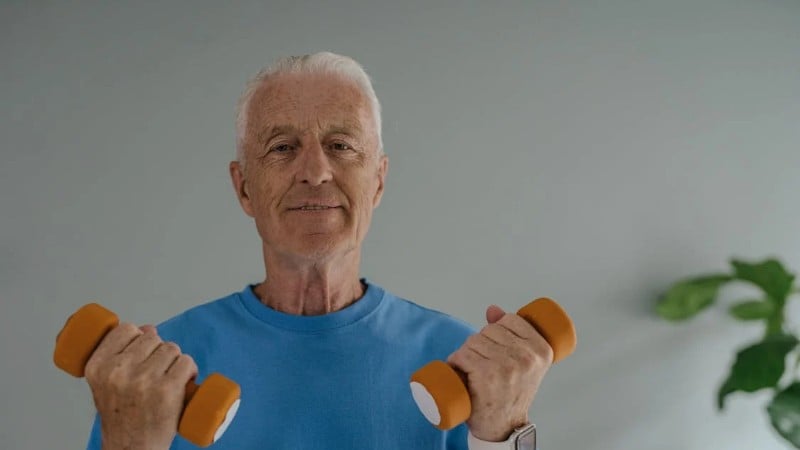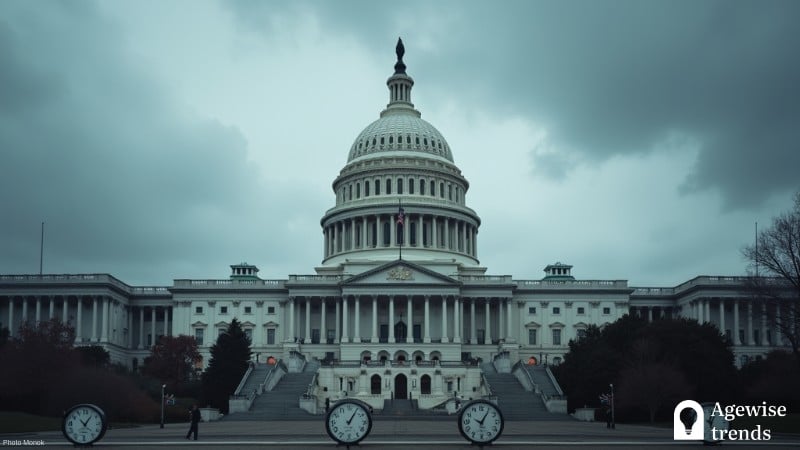With nearly 20% of Pennsylvania’s population aged 65 and older, the state faces unique challenges in providing accessible and comprehensive healthcare for seniors. This demographic shift requires a multi-pronged approach to ensure seniors can access affordable, high-quality healthcare that meets their needs.
Recognizing the urgency, Pennsylvania’s government, non-profits, and healthcare providers are all working to expand access, improve services, and adopt innovative technologies tailored to elderly care.
Access to primary care and specialized medical services can be a barrier for many seniors, particularly those in rural or underserved urban areas. In response, Pennsylvania has expanded community health centers, increased funding for mobile health units, and broadened telemedicine services. These measures allow seniors to access healthcare providers for regular check-ups, consultations, and chronic disease management without facing transportation issues.
Notably, Pennsylvania’s PACE (Pharmaceutical Assistance Contract for the Elderly) program helps eligible low-income seniors cover prescription drug costs, alleviating the financial strain associated with managing long-term health conditions.
For those who qualify, the state’s Aging Waiver program offers in-home care services, enabling seniors to receive essential support in their residences rather than transitioning to nursing facilities. This not only enhances their quality of life but also reduces the financial and emotional costs associated with institutional care.
Key Takeaways
Pennsylvania is working to expand access to affordable, high-quality healthcare for seniors through various initiatives, including expanded community health centers, telemedicine services, and financial support programs.
- Pennsylvania has implemented several state-run programs to address the financial burden of senior care, including Medicaid support, property tax/rent rebates, and food assistance programs.
- The state is prioritizing quality in elder care facilities by enforcing strict regulations, adopting cutting-edge healthcare technology, and investing in workforce development.
- Pennsylvania’s community-based programs aim to enhance social engagement and mental wellness among seniors through recreational activities, educational programs, and employment opportunities.
Addressing the financial burden of senior care
The high cost of senior healthcare can be a daunting challenge for families, especially as the average cost of assisted living in Pennsylvania exceeds $4,000 per month, with nursing home care costing substantially more.
Financially supporting seniors on fixed incomes is critical, especially for those who may not qualify for traditional long-term care insurance or Medicaid. Pennsylvania has several state-run programs designed to address these costs, including Medicaid support for eligible seniors, which covers certain long-term care services.
The Medical Assistance for Workers with Disabilities (MAWD) program provides Medicaid access to those with disabilities who are employed but don’t meet typical Medicaid criteria, enabling them to receive necessary healthcare services while maintaining employment.
Additionally, Pennsylvania’s Property Tax/Rent Rebate program offers rebates to low-income seniors, helping them afford housing and retain resources for medical expenses. These financial support programs reduce the economic strain on seniors and their families, allowing them to prioritize their healthcare needs without fear of financial instability.
To address food insecurity and nutritional needs, the state’s Senior Food Box Program provides free monthly food boxes to low-income seniors. Meanwhile, the Low Income Home Energy Assistance Program (LIHEAP) helps seniors afford heating during colder months, reducing health risks related to extreme weather conditions.
Together, these programs serve as essential components in preserving seniors’ financial security and independence. By mitigating the high costs associated with elder care and basic necessities, Pennsylvania enables seniors to focus their resources on maintaining their health and well-being.
Promoting quality in elder care facilities
Ensuring high-quality standards in elder care facilities is a top priority for Pennsylvania’s healthcare industry. The Pennsylvania Department of Health enforces strict regulations for assisted living facilities, personal care homes, and nursing homes, including regular inspections and audits.
These measures safeguard seniors’ health and well-being by ensuring that facilities meet safety, hygiene, and care standards. When issues arise, complaints are addressed promptly to maintain trust and accountability within the community.
Beyond compliance, many elder care facilities are adopting cutting-edge healthcare technology to improve care quality. Electronic Health Records (EHRs) are now commonplace in many long-term care settings, allowing real-time health updates for each resident. This data enables staff to provide individualized care plans and swiftly address changes in residents’ health conditions.
In addition, telehealth services are becoming more accessible within facilities, offering residents virtual consultations with specialists, which is especially beneficial for those who may have difficulty traveling.
Staffing shortages in elder care facilities present ongoing challenges. To combat this, Pennsylvania is investing in workforce development by establishing recruitment programs and incentives to attract skilled professionals to the elder care sector. Initiatives such as student loan forgiveness for healthcare workers and partnerships with community colleges aim to cultivate a pipeline of trained professionals dedicated to senior care.
Integrating community and social programs
Recognizing that seniors’ well-being extends beyond medical needs, Pennsylvania prioritizes community-based programs designed to enhance social engagement and mental wellness. Social isolation is a major concern for seniors, as it can significantly impact mental and physical health.
Pennsylvania’s Local Area Agencies on Aging (AAAs) provide valuable services, including organizing recreational activities, wellness workshops, and educational programs. These initiatives help seniors stay active, mentally stimulated, and connected to their communities.
Senior centers across Pennsylvania serve as hubs for physical and social activity, offering exercise classes, arts and crafts sessions, and communal meals. These centers provide seniors with a sense of community and purpose, reducing feelings of loneliness. Some centers also provide transportation services, allowing seniors to attend appointments, social events, and complete errands independently.
Pennsylvania’s Senior Community Service Employment Program (SCSEP) offers part-time work opportunities for low-income seniors, allowing them to remain engaged in the workforce, supplement their income, and apply their skills to local organizations. This program provides an invaluable way for seniors to stay connected and contribute to society while gaining the financial benefits that come with employment.
The benefits of these community programs extend beyond the individual, strengthening social bonds within Pennsylvania communities. In partnership with local non-profits, the state offers a variety of outreach initiatives, from volunteer companionship programs to neighborhood watch efforts that engage seniors in active, meaningful ways.
These programs highlight Pennsylvania’s holistic approach to elder care, ensuring that seniors have access to a well-rounded support system that encompasses physical health, mental wellness, and social fulfillment.
Investing in future senior care solutions
As Pennsylvania’s elderly population continues to grow, future challenges related to senior healthcare are inevitable. Projections indicate that by 2030, Pennsylvania will be among the states with the highest senior population per capita. To prepare for this demographic shift, the state is proactively investing in long-term solutions to support sustainable healthcare and elder care models.
Pennsylvania has initiated research partnerships with universities and healthcare providers to study and pilot new approaches to senior care. Some of these projects include exploring the use of artificial intelligence (AI) and predictive analytics to identify and manage potential health risks in seniors proactively. Additionally, pilot programs are examining the use of wearable health-monitoring devices that track vital signs, providing caregivers with real-time data on residents’ health conditions.
In rural parts of the state, where healthcare access remains challenging, Pennsylvania is investing in telehealth infrastructure to extend services to seniors who may live far from traditional healthcare facilities.
Enhanced broadband access is being expanded to support telemedicine, ensuring seniors can consult healthcare professionals without travel barriers. In addition to improving healthcare access, the state is focused on addressing the social determinants of health that affect seniors, such as safe housing, access to nutritious food, and transportation.
Building a better future for seniors in Pennsylvania
Supporting senior healthcare in Pennsylvania involves a comprehensive and multi-faceted approach that addresses access, affordability, quality of care, and holistic well-being. Through concerted efforts by the government, non-profits, and healthcare providers, the state is actively working to ensure that seniors have access to essential healthcare services and support systems that enhance their quality of life.
These programs and initiatives underscore Pennsylvania’s commitment to creating a state where seniors can live with dignity, independence, and the assurance of excellent healthcare. By continuing to prioritize elder care, Pennsylvania is not only supporting its aging population but also building a stronger, more compassionate society that values and respects its senior citizens.














